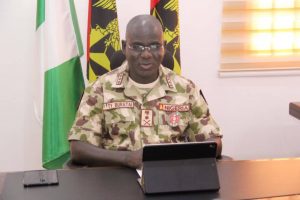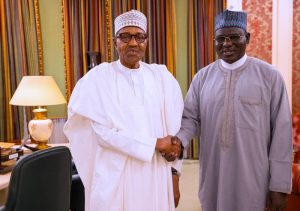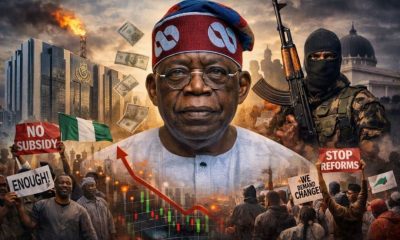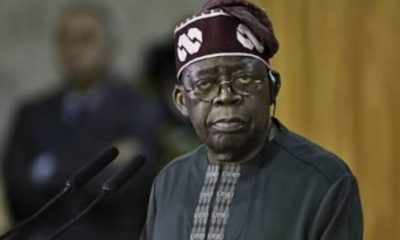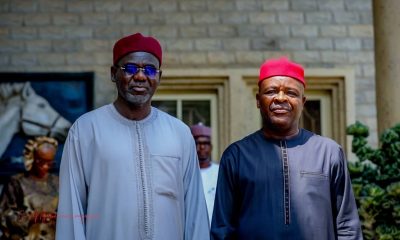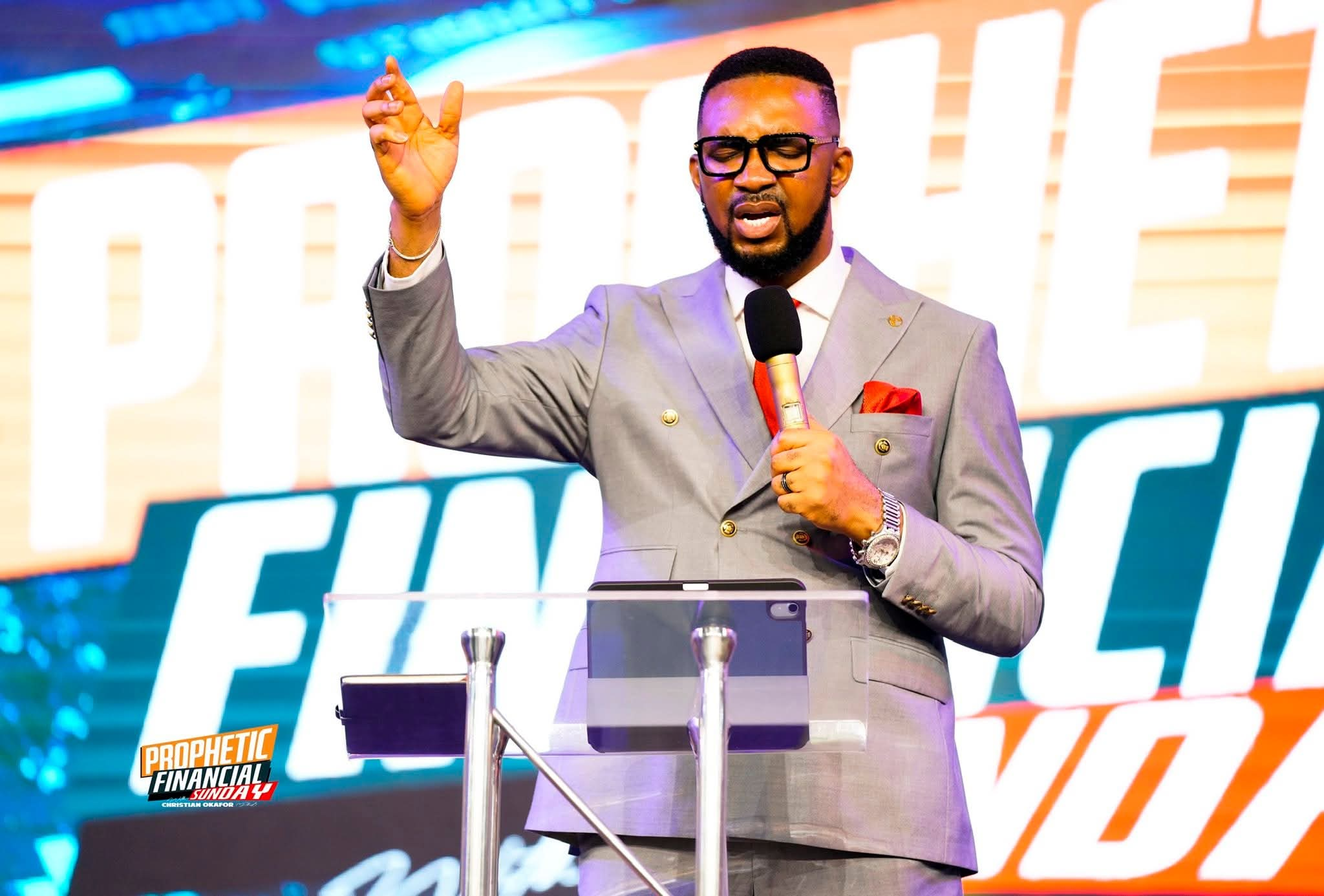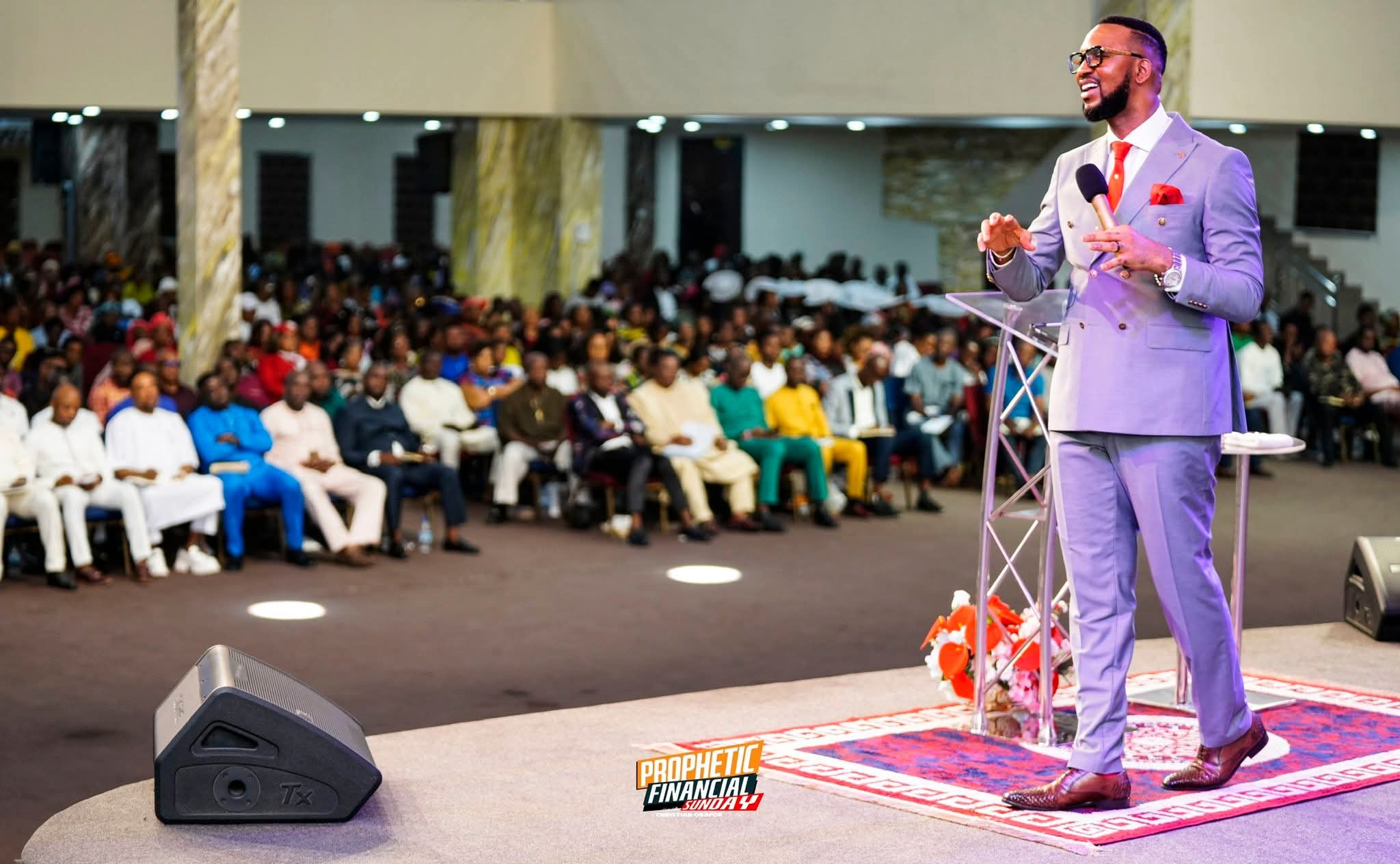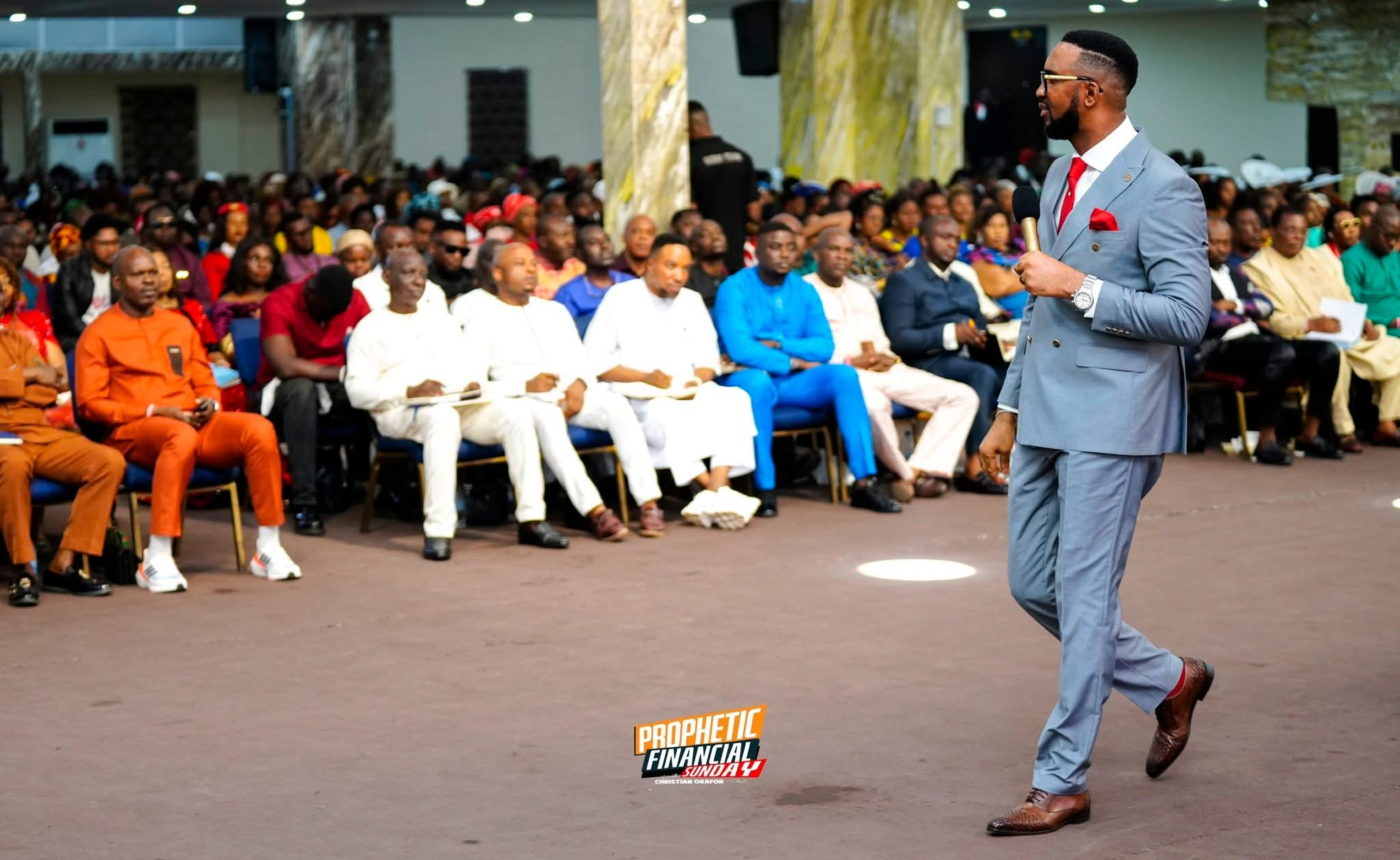celebrity radar - gossips
GENERAL BURATAI IN THE EQUATION OF INSECURITY DOWNPLAY IN TINUBU’S GOVERNMENT BY FEMI OYEWALE
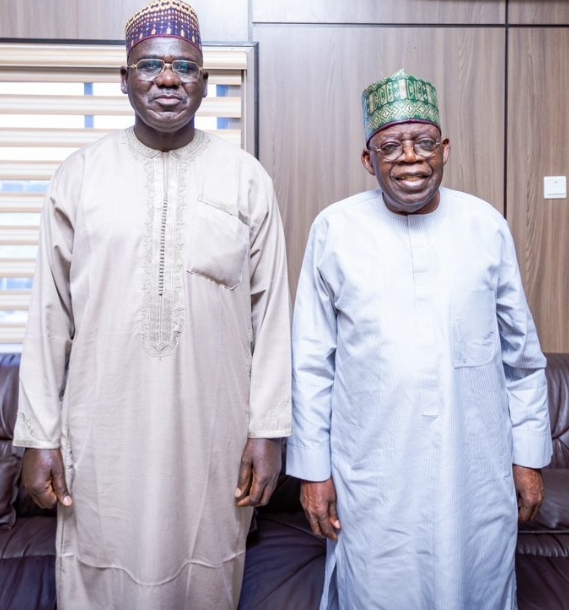
GENERAL BURATAI IN THE EQUATION OF INSECURITY DOWNPLAY IN TINUBU’S GOVERNMENT
BY
FEMI OYEWALE
BURATAI– As Nigeria prepares for a fresh phase in its democratic existence on May 29, 2023, a peaceful environment for socio-economic and cultural growth has, yet again, become a critical issue in the mix. This is essentially so because the country, unarguably reputed as one of the biggest markets for raw and finished goods on earth, attracts humans of all kinds to its geographical space. Incidentally and over the years, anti-democratic forces in collaboration with fifth columnists, constituted themselves into national security nuisance, disrupting activities across sectors.
As of mid-2022, the orchestrated violence has cost the country 11% of its GDP and N119 billion loss of revenue. Similarly, projects worth about N12 trillion have been abandoned according to data from Town Talk Solutions. Looking ahead, these challenging scenarios, Bola Tinubu, presidential candidate of the All-Progressive Congress, APC, now President-Elect, had, in October 2022, unveiled his presidential agenda where he prioritized security. Titled “Renewed Hope 2023 – Action Plan for a Better Nigeria,” Tinubu affirmed that he would continue with the social investment programmes of the Buhari-led administration.
The President-Elect equally added that total transformation of Nigeria can be achieved, building on the foundation laid by the APC administration of President Buhari. Specifically, he emphasized that security is the “bedrock of a prosperous and democratic society”, assuring that his administration would make it a fundamental responsibility to protect the life and property of its citizens by mobilizing the country’s national security, military and law enforcement assets to protect all Nigerians from danger and the fear of danger.
“The current government has made important inroads. When it came into office, the Buhari government met a situation in which terrorists had planted their flags and claimed Nigerian territory as their own. “The Buhari government eliminated these incursions against our national sovereignty, bringing peace to many areas. Thousands of formerly displaced people have returned home to rebuild their lives,” Tinubu disclosed. However, and interestingly so, General Tukur Yusufu Buratai (rtd), was the arrowhead of the team that helped President Buhari’s government to achieve these significant successes in the reduction of insurgency which Tinubu has promised to build upon.
Essentially, the pre-Buhari government was a session of anger in the land where nihilism became the official dictum through organized terrorism. The peace in Nigeria’s capital, Abuja, was displaced by vengeful, omnidirectional hatred. On assumption of office in 2015, this ugly situation provoked President Buhari to employ a trusted and tested General to change the insecurity narrative in Nigeria. Lieutenant General Yusufu Tukur Buratai (rtd), was widely recommended on account of his outstanding military pedigree. He was, unarguably, the pick of the pack. And he became the Chief of Army Staff in July 2015. Buratai hit the ground running and soldiered on.
Despite distractions ostensibly by segmented bashings from some misinformed stakeholders and sections of the human rights groups who orchestrated hugely unsubstantiated allegations, Buratai continued in a most commendable fashion. He provided leadership and inspired the troops to work harder through dedicated strategies.
Notably, Buratai intelligently enhanced Army-Civilian relationship with the Northeast populace including other parts of Nigeria as a major step that turned the tables against insurgents during his time. He reinvigorated joint civil-military operations, comprising all operational formations of the Services with a central coordination Headquarters which coordinated civil and humanitarian activities. These strategies greatly assisted the joint force commander.
Humanitarian, national-assistance operations, theatre campaigns and civil-military operations worked concurrently and cohesively. With these strategies, the military under Buratai sustained the tempo of operations and kept up the aggressive assaults on insurgents as well as enhanced collaboration and synergy with other sister agencies.
Towards the last half of 2020, the bandits had been overwhelmed. They were calling for negotiations through some prominent individuals. This was as a result of the pressure mounted on the bandits. Many of their fighters, collaborators, logistic suppliers and informants were neutralised, captured or escaped out of the country for safety.
By the time Buratai left office in early 2021, the remnants of the Boko Haram insurgents have been confined to the fringes of the Lake Chad Basin region, with no territory under their control and largely carrying out hit-and-run skirmishes.
Curiously, President Buhari beckoned yet again for “Another important assignment”, a few days after Buratai ended his selfless service in January 2021. The former Chief of Army Staff was faithfully obliged to take part, as fully as he can, in any measure designed, in particular, to keep the constituent ethnic units in the federation of Nigeria as one as well as preserve Nigeria as an economic and political entity. But, this time, through diplomatic channels.
The President’s brief was clear and straightforward forward, especially from the already well-known international influence, funding and support for the insurgency in Nigeria. Given his deep understanding of the President’s intentions because of his direct involvement in counter-insurgency operations for a reasonable length of years as Army boss, Buratai easily subsumed into Buhari’s tactical design to secure Nigeria’s borders through neighbouring countries as an ambassador.
He particularly felt it would be untidy of him to abdicate such responsibility when the war against insurgency was yet over.
He reckoned that there was an important need to reinforce service chiefs’ efforts from the outside through diplomatic push and support. Expectedly, his resumption at the Republic of Benin as Ambassador was the needed signal to smugglers of arms and architects of economic sabotage that the game was over.
He reawakened all the unused diplomatic regulations including bilateral relations in line with the science and philosophy of international laws to ensure appropriate diplomatic steps were deployed without infringement on fundamental rights. He injected fresh directives into their operational codes, maintaining that never again should the border become the hub of economic sabotage and illegal arms snuggling.
Just in his early 60s, it is morning yet for Buratai in national service. His unmatched professionalism, military skills and understanding of Nigeria’s security issues blended with diplomatic knowledge perfectly recommend him for the Defence portfolio in Tinubu’s government.
Femi Oyewale is the President of the National Association of Online Security Reporters and Publisher of Sahara Weekly magazine and SaharaOnline.
celebrity radar - gossips
Kingdom Advancement: God Does Not Confirm Lies or Gossip — He Confirms His Word .” — Dr. Chris Okafor
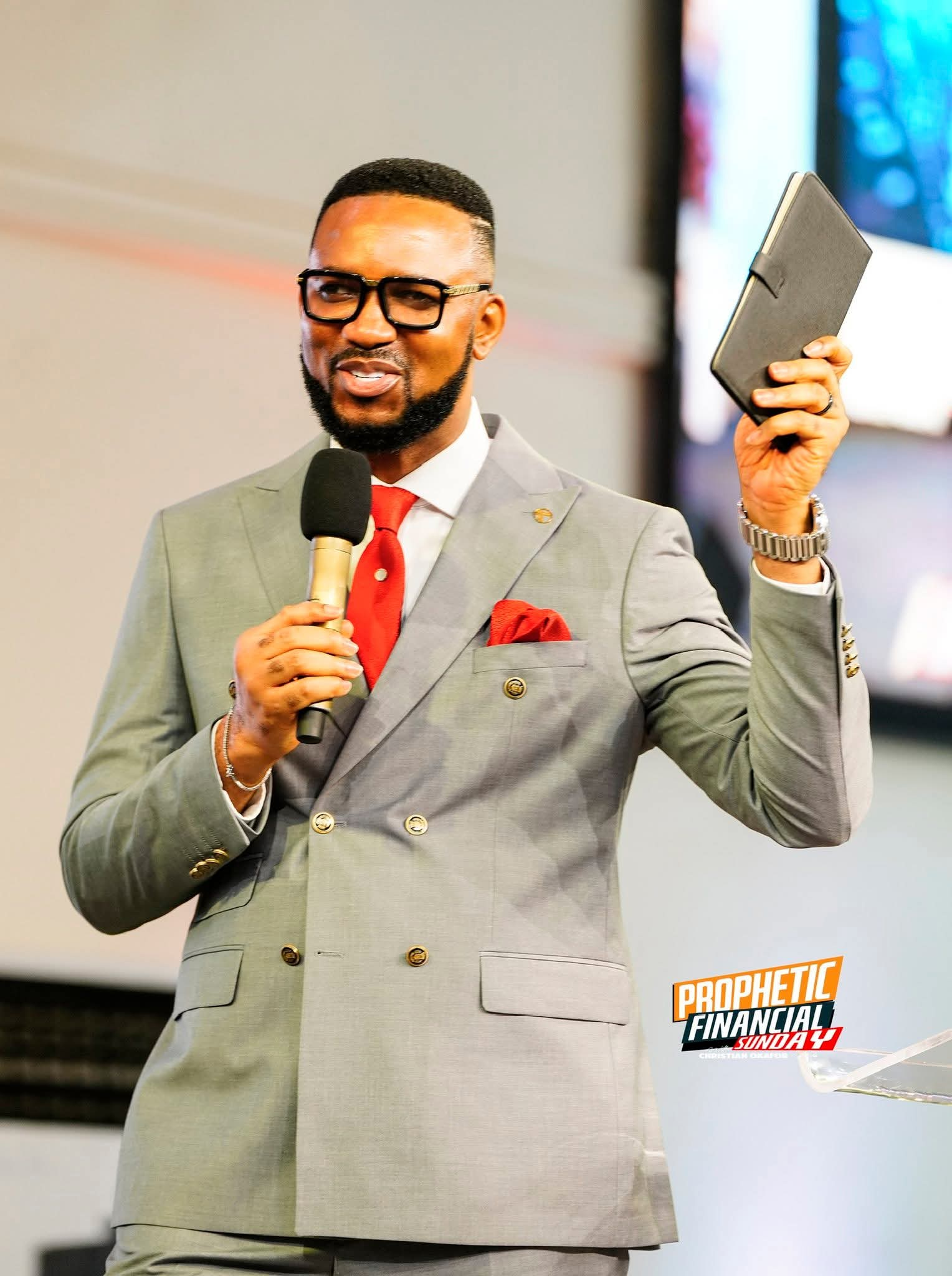
Kingdom Advancement: God Does Not Confirm Lies or Gossip—He Confirms His Word
“When Doing Business with God,
People’s Opinions Do Not Count.”
— Dr. Christian Okafor
The greatest investment any Christian can make is partnering with God. According to the Generational Prophet of God and Senior Pastor of Grace Nation Global, Christopher Okafor, when a believer commits to serving and advancing God’s kingdom, no barrier, lie, gossip, or blackmail can prevail against them.
This message was delivered during the Prophetic Financial Sunday Service held on February 15, 2026, at the international headquarters of Grace Nation Worldwide in Ojodu Berger, Lagos, Nigeria.
Doing Business with God
Teaching on the theme “Kingdom Advancement” with the subtitle “Doing Business with God,” Dr. Okafor emphasized that when a believer enters into covenant partnership with God, divine backing becomes inevitable.
“God is still in the business of covenant,” he declared. “When you make a covenant with Him, He honors the terms. When you win souls into the kingdom and remain committed to His work, He rewards you with what you could never achieve by your own strength.”
The Man of God stressed that God does not confirm lies, gossip, or negative narratives—He confirms His Word. Therefore, anyone genuinely committed to kingdom business should not be distracted by public opinion.
“No matter the blackmail or falsehood circulating around you, if you are focused on God’s assignment, those attacks will only strengthen you,” he stated.
He further noted that a believer’s understanding of God’s covenant determines their experience. “Your mentality about God’s covenant becomes your reality. When you truly know the God you serve, no devil can move you.”
Biblical Examples of Kingdom Partnership
Dr. Okafor cited several biblical figures who prospered through their partnership with God:
Abel
Abel served God with sincerity and offered his very best. His sacrifice pleased God, demonstrating that when a master is honored, he responds with favor.
David
David’s heart was fully devoted to God, and in return, God’s presence and favor rested upon him throughout his life.
Hannah
Hannah made a covenant with God, promising that if He blessed her with a child, she would dedicate him to His service. After fulfilling her vow, God rewarded her abundantly, blessing her with additional children.
Peter
Peter, a professional fisherman, surrendered his boat at Jesus’ request for kingdom work. Through that act of partnership and obedience, he experienced supernatural provision and divine elevation.
Conclusion
In closing, Dr. Okafor emphasized that one’s approach to God’s covenant determines the level of success and prosperity experienced. Commitment to kingdom advancement secures divine confirmation and supernatural results.
The Prophetic Financial Sunday Service was marked by prophetic declarations, deliverance, healings, miracles, restoration, and solutions to diverse cases presented before Elohim.
celebrity radar - gossips
At 55, Omoyele Sowore Remains a Defiant Voice of Conscience
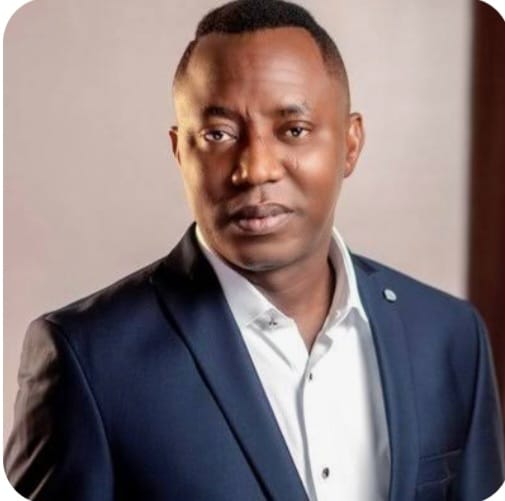
At 55, Omoyele Sowore Remains a Defiant Voice of Conscience
By George Omagbemi Sylvester | Published by SaharaWeeklyNG
“SaharaWeeklyNG Management and Staff Salute a Relentless Campaigner for Justice and Democratic Accountability.”
As activist, journalist and politician Omoyele Sowore marks his 55th birthday, the management and staff of SaharaWeeklyNG join millions of Nigerians at home and in the diaspora to celebrate a man widely regarded as one of the most persistent and fearless voices for democratic accountability in modern Nigeria.
Born on February 16, 1971, in Ondo State, Sowore rose from student activism at the University of Lagos to become one of the country’s most recognisable pro-democracy figures. His early involvement in the student movement during the military era of the 1990s placed him at the forefront of protests against dictatorship and repression, a role that would shape the course of his life and career.
He later founded Sahara Reporters in 2006, an online investigative platform that quickly gained prominence for exposing corruption, abuse of power and human rights violations. Operating initially from the United States, the outlet became a symbol of citizen journalism and digital activism, publishing stories often ignored or suppressed by mainstream media. Over the years, the platform has reported on high-level corruption cases, electoral malpractices and security failures, earning both praise and fierce criticism from political authorities.
Sowore’s activism took a dramatic turn in 2019 when he contested Nigeria’s presidential election under the African Action Congress (AAC). Although he did not win, the campaign amplified his calls for systemic reform. Months later, he launched the #RevolutionNow movement, a nationwide protest demanding an end to corruption, economic hardship and insecurity.
In August 2019, he was arrested by Nigeria’s Department of State Services (DSS) on charges of treasonable felony. His detention, which lasted several months despite court orders for his release, sparked international condemnation from human rights groups, civil society organisations and foreign observers. The case turned him into a global symbol of resistance against state repression.
Over the years, Sowore has faced multiple arrests, court trials and travel restrictions. Yet he has remained resolute, insisting that his activism is rooted in the constitutional right to freedom of expression and peaceful assembly. Supporters describe him as a principled crusader against injustice, while critics accuse him of political extremism. Regardless of the perspective, his impact on Nigeria’s political discourse is undeniable.
His life’s work echoes the enduring words of Nelson Mandela, who once said, “Freedom is not merely to cast off one’s chains, but to live in a way that respects and enhances the freedom of others.” For many of Sowore’s followers, his sacrifices represent precisely that spirit, an unyielding struggle for a more accountable and equitable society.
Similarly, the philosophy of Martin Luther King Jr. (that “injustice anywhere is a threat to justice everywhere”) resonates deeply with the trajectory of Sowore’s activism. Whether confronting police brutality, electoral irregularities or economic injustice, he has consistently framed his struggle as one for the collective dignity of Nigerians.
Nigerian Nobel laureate Wole Soyinka once observed that “the man dies in all who keep silent in the face of tyranny.” That sentiment captures the essence of Sowore’s public life. For over three decades, he has refused silence, even when it meant imprisonment, harassment and personal sacrifice.
At 55, Sowore’s journey is far from over. He remains active in political advocacy, civil rights campaigns and public commentary, continuing to challenge what he describes as systemic failures in governance and leadership. His career reflects both the promise and the peril of dissent in a fragile democracy; where the line between patriotism and confrontation is often fiercely contested.
On this milestone birthday, SaharaWeeklyNG management and staff recognise Sowore not merely as an individual, but as a symbol of the enduring struggle for transparency, justice, and democratic renewal. His story is one of conviction under pressure, a reminder that the quest for a better society often demands courage, resilience and a willingness to stand alone.
As Nigeria navigates its complex political and economic realities, figures like Sowore continue to shape the national conversation. Whether praised or criticised, his voice remains a constant in the country’s democratic journey; loud, uncompromising and impossible to ignore.
celebrity radar - gossips
Banwo Accuses Alex Otti Administration of Governance by Propaganda
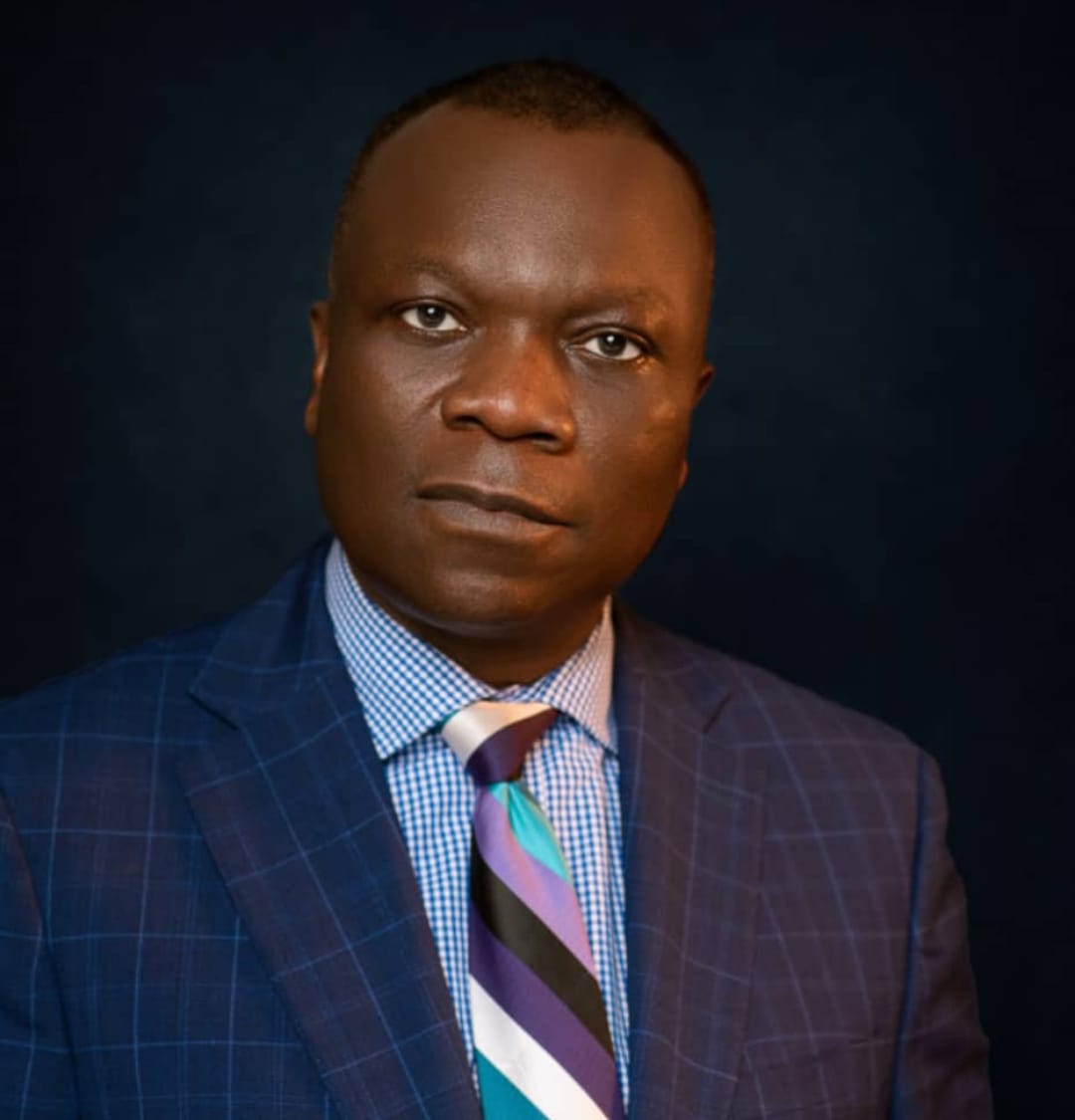
Banwo Accuses Alex Otti Administration of Governance by Propaganda
Public commentator and lawyer Dr. Ope Banwo has criticised the Abia State Government under Governor Alex Otti, accusing the administration of running what he described as a “propaganda-driven government” built on exaggerated claims and selective messaging rather than measurable governance outcomes.
In a detailed commentary, Banwo argued that while Abia State has recorded some progress in specific sectors, the government’s media machinery has inflated limited achievements into what he called “statewide miracles,” creating a disconnect between online narratives and lived realities.
Banwo, who said he initially viewed Governor Otti as a symbol of hope following the 2023 elections, noted that his concerns emerged after engaging residents and professionals living in Abia to verify widely circulated claims about infrastructure, power supply, healthcare, and transportation.
Central to Banwo’s critique is the portrayal of Abia as a state with uninterrupted electricity. He acknowledged the existence of the Aba ring-fenced power arrangement involving Aba Power and Geometric Power but argued that the arrangement has been misrepresented as statewide energy independence.
According to him, extending the Aba power project to represent the entire state amounts to misinformation, especially given acknowledged outages and the limited geographical coverage of the scheme.
He further questioned claims that Abia was the first state to assume intrastate electricity regulation, stating that other states, including Lagos State, had taken similar steps earlier.
Banwo also raised concerns over viral claims suggesting that biogas facilities are already powering Abia communities, arguing that pilot projects have been prematurely presented as fully operational infrastructure.
He noted that residents he spoke with were largely unaware of any functional biogas-powered communities, stressing that government announcements should be backed by publicly available data on scale, output, and sustainability.
On healthcare, the founder of Naija Lives Matters (NLM) questioned reports that Abia offers free medical care to all citizens above 60 years of age for life, describing the claim as unverified and unsupported by legislation, budgetary provisions, or formal policy documents.
Similarly, he criticised claims suggesting that electric vehicles operate widely across the state and that all roads have been tarred, describing such assertions as exaggerated and misleading.
The self-acclaimed Mayor of Fadeyi argued that the core issue is not the absence of development but what he described as a governance style driven by social media optics rather than transparent performance metrics.
He warned that excessive reliance on viral content, influencers, and unverified claims risks eroding public trust and undermining accountability, noting that effective governance requires data, timelines, and measurable outcomes.
“A serious government does not need to exaggerate results,” Banwo said, adding that citizens require reliable services, not slogans.
He also advised the Abia government to avoid constant comparisons with states like Lagos and its governor, Babajide Sanwo-Olu, urging the administration to focus instead on publishing verifiable performance records.
Banwo challenged the Otti administration to release clear documentation supporting its claims, including power coverage maps, healthcare policy instruments, infrastructure project lists, and implementation timelines.
He concluded that while Abia State has not “collapsed,” the growing gap between online narratives and on-ground realities could become more damaging than infrastructural deficits if left unaddressed.
-

 celebrity radar - gossips6 months ago
celebrity radar - gossips6 months agoWhy Babangida’s Hilltop Home Became Nigeria’s Political “Mecca”
-

 society6 months ago
society6 months agoPower is a Loan, Not a Possession: The Sacred Duty of Planting People
-

 society5 months ago
society5 months agoReligion: Africa’s Oldest Weapon of Enslavement and the Forgotten Truth
-

 news6 months ago
news6 months agoTHE APPOINTMENT OF WASIU AYINDE BY THE FEDERAL GOVERNMENT AS AN AMBASSADOR SOUNDS EMBARRASSING

